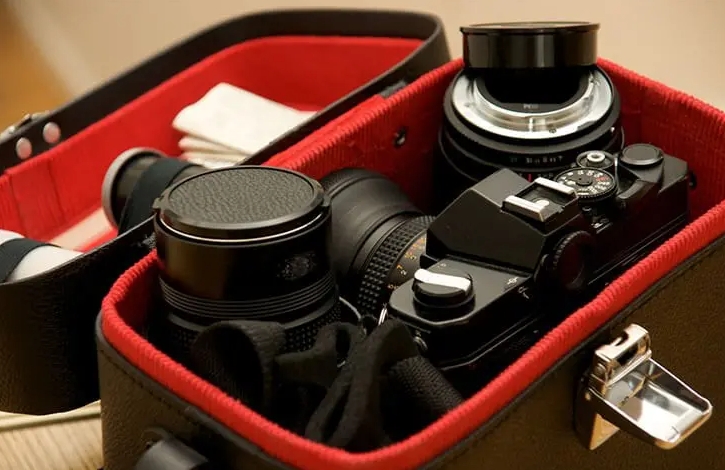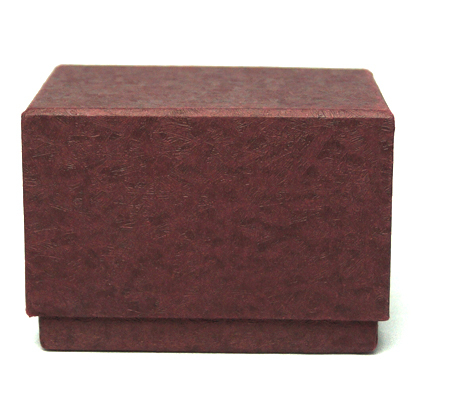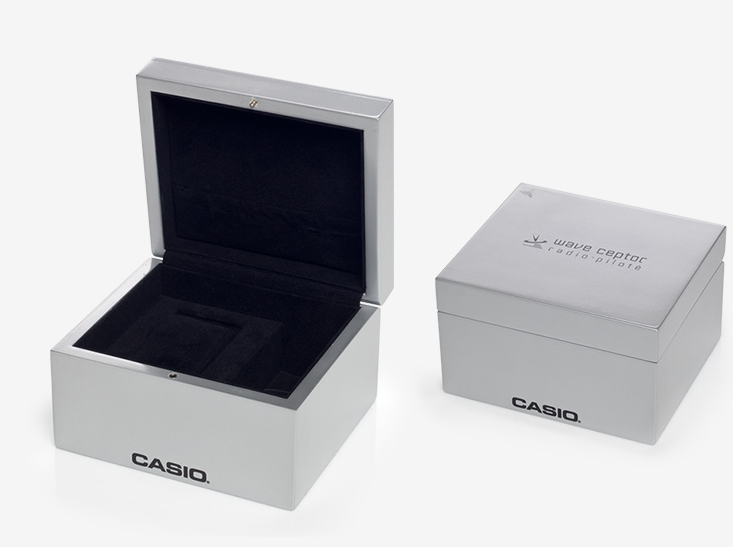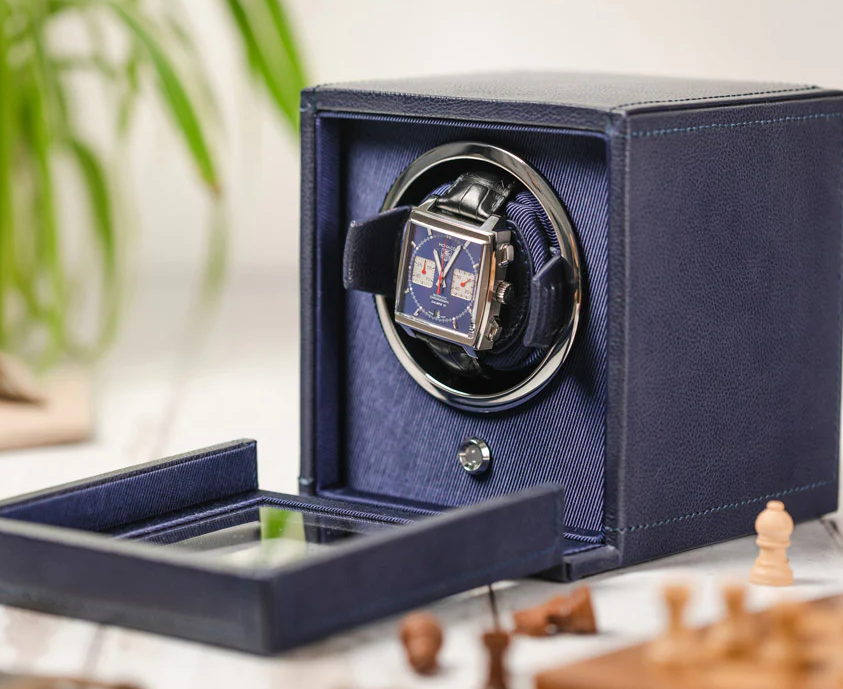Yes, hard shell cases can crack, especially if they’re made of low-quality materials, are old, or exposed to extreme environmental conditions.
Table of Contents
Advantages of Hard Shell Cases
Durability
Hard shell cases are built to last. Made from materials such as polycarbonate or aluminum, they offer an impressive lifespan that can outlive the device they are protecting. These materials are resistant to scratches and minor dents, giving you the peace of mind that your belongings are safe. Unlike soft cases, which can wear out over time, hard shell cases maintain their structural integrity for longer periods. Here, durability is a key factor that makes these cases highly desirable.
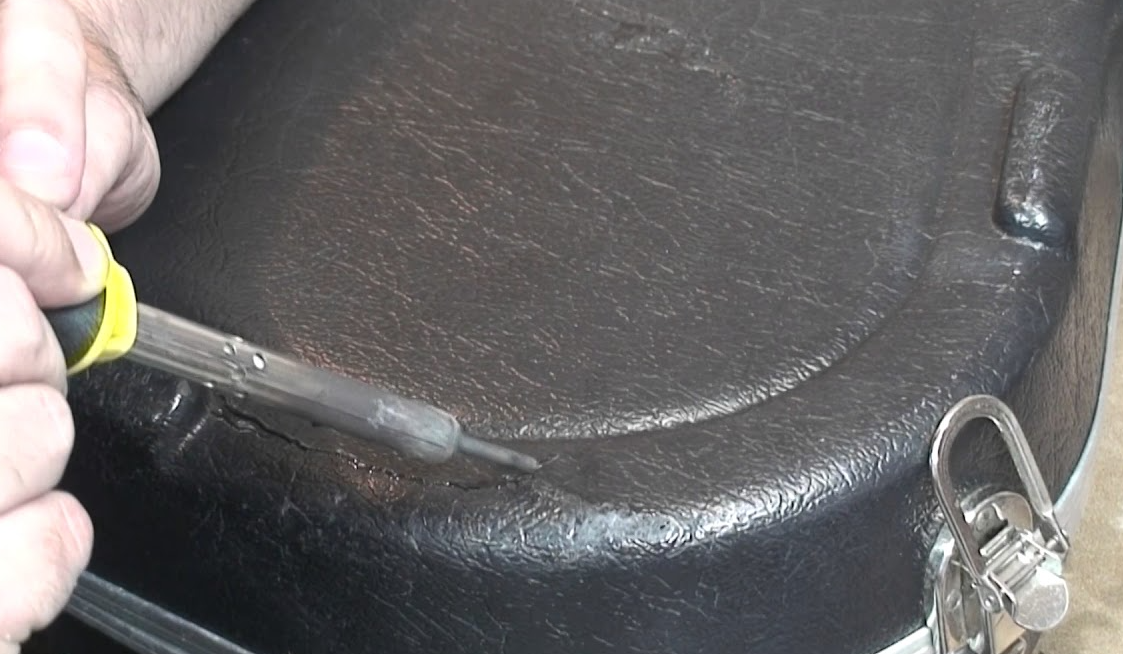
Protection Level
One of the primary reasons people opt for hard shell cases is the unparalleled level of protection they provide. These cases are designed to absorb shocks and impacts, significantly reducing the risk of damage to the encased item. Whether it’s your laptop, camera, or any other fragile equipment, a hard shell case ensures that your valuable belongings are shielded from accidental drops or bumps. The snug fit and secure fastening systems prevent the internal items from moving around, further reducing the risk of damage. Learn more about protective cases and their importance in safeguarding your belongings.
Aesthetic Appeal
Hard shell cases are not just about function; they also bring a level of style and sophistication that soft cases often can’t match. Available in various colors, textures, and finishes, they can be as simple or as intricate as you want them to be. Some even come with customizable panels or decals, allowing you to express your personal style. The clean lines and sleek design of these cases make them aesthetically pleasing, often making them a preferred choice for professionals and style-conscious individuals. Check out the wide range of aesthetic designs to suit every taste and preference.
Factors That Contribute to Cracking
Material Quality
The quality of the material from which a hard shell case is made plays a significant role in its susceptibility to cracking. Lower-grade plastics or metals can compromise the case’s ability to withstand impacts, leading to cracks or fractures. On the other hand, high-quality materials like polycarbonate or aerospace-grade aluminum offer better resilience and are less likely to crack. Therefore, when choosing a hard shell case, it’s essential to pay attention to the material and its quality to ensure longevity.
Age and Usage
As hard shell cases age, they may become more prone to cracks, especially if they’ve been through a lot of wear and tear. Frequent use, dropping, or mishandling can all add stress to the material, which eventually may lead to cracking. This is particularly true for cases that hold heavy or sensitive equipment, where the stakes are higher. For a longer lifespan, periodic inspection for signs of wear and timely replacements are advisable. Here, the concept of planned obsolescence may also be relevant, as some products are designed to be replaced after a certain period.
Environmental Conditions
Environmental factors like extreme temperatures, humidity, and exposure to sunlight can also contribute to the weakening of a hard shell case, making it more susceptible to cracks. For example, keeping the case in a hot car for extended periods can cause the material to become brittle. Similarly, exposure to very cold conditions can make the case material more rigid and therefore more prone to cracking. It’s essential to be mindful of the environmental conditions to which you expose your case to prolong its life and maintain its quality.
Real-life Instances of Hard Shell Cases Cracking
Case Studies
A study conducted on a popular brand of hard shell laptop cases revealed that nearly 15% of customers reported cracks within the first year of usage. Upon closer examination, it turned out that most of these cases had cracks at the corners, suggesting that the design might have had stress points that contributed to the cracks. Interestingly, the cases that cracked were mainly made from cheaper plastic materials, further validating the importance of material quality. This study serves as a lesson for both consumers and manufacturers to pay close attention to the construction and material science behind these products.
User Testimonials
Social media and online forums are rife with customer experiences and testimonials detailing instances of hard shell cases cracking. One user, for example, shared how their hard shell suitcase cracked after just one international flight. Another user recounted how their phone’s hard shell case cracked at the charging port, making it challenging to charge the phone without removing the case. These real-life accounts not only highlight the potential vulnerabilities of such cases but also serve as a valuable feedback loop for manufacturers. Consumer feedback is crucial for improvements in product design and material selection.
How to Prevent Cracks in Hard Shell Cases
Proper Maintenance
Regular upkeep is key to extending the lifespan of your hard shell case and preventing cracks. Make it a habit to clean the case with a soft cloth and mild detergent to remove dirt and grime that can contribute to wear and tear. Periodically inspect the case for any minor damages like scratches or dents, as these can be the starting points for future cracks. Using specialized cleaning agents or conditioners for the material can also help maintain its integrity. Here’s a useful guide on proper maintenance that you may find helpful.
Avoiding Extreme Conditions
Environmental factors play a significant role in the health of your hard shell case. Extreme temperatures, whether hot or cold, can make the material more susceptible to cracking. If possible, avoid leaving your case in places like a hot car or a freezing garage for extended periods. If you’re traveling, make sure to protect the case from harsh weather conditions by using additional coverings or placing it inside another bag. Being mindful of the environmental impact on materials is essential to prevent cracks.
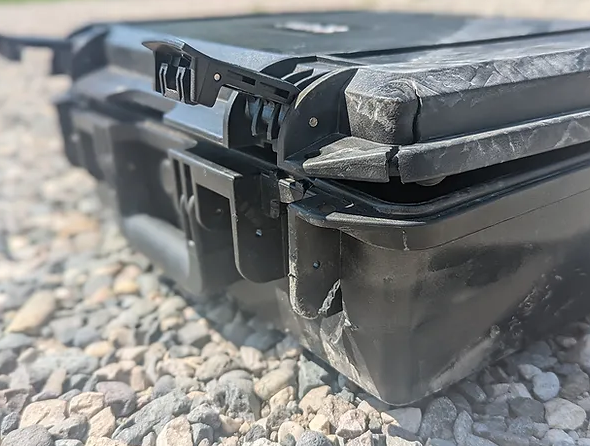
Case Replacement Timeline
Although hard shell cases are durable, they’re not meant to last forever. Setting a reasonable timeline for replacement can help you avoid the risk of cracks and other forms of damage. This is especially important for cases that protect valuable or sensitive equipment. Staying updated on product lifecycles can help you make informed decisions about when to replace your case.

